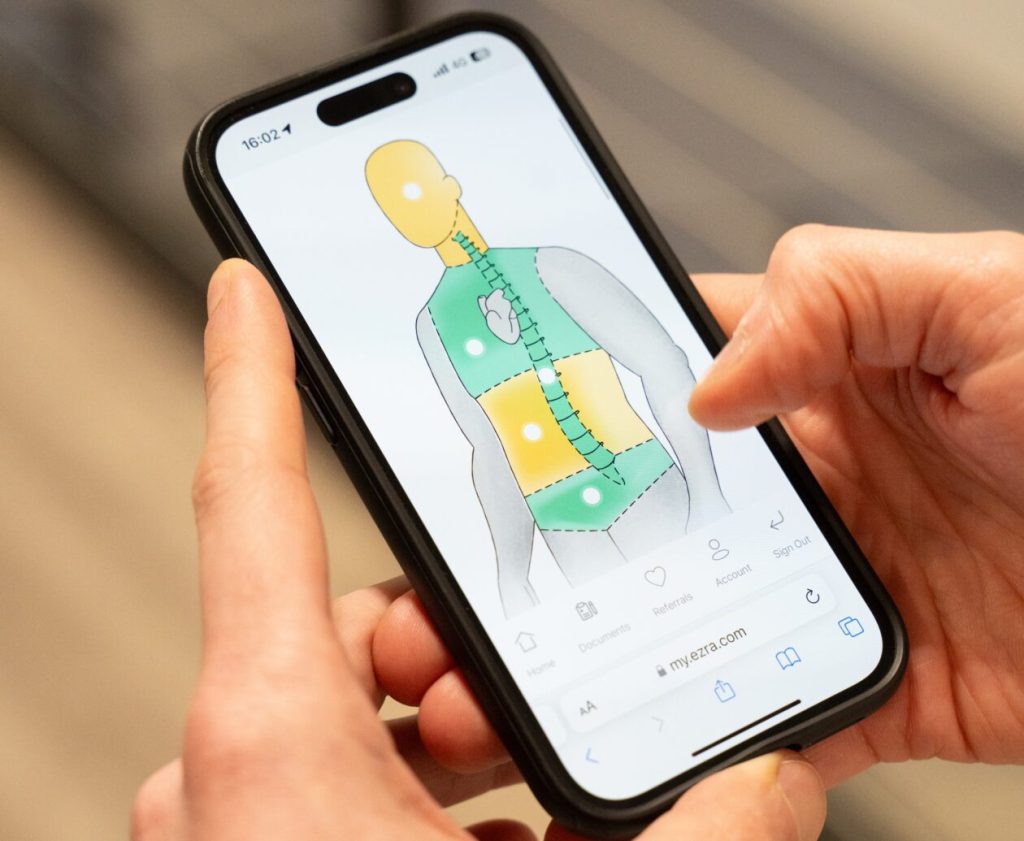Ezra, a venture-backed startup, offers full-body MRI scans for consumers to detect potential signs of cancer. Costing upwards of $2,500, the company uses AI to produce detailed reports following the scans. Celebrity endorsements and promises of life-saving diagnoses have increased the popularity of such scans, with companies like Prenuvo and Ezra claiming high success rates in identifying potential health issues.
The debate surrounding the benefits of full-body MRI scans is ongoing, with some medical experts cautioning against the unnecessary costs and concerns that these scans may bring. Despite the rise in popularity and endorsements, professional medical societies in America do not endorse whole-body MRIs as proactive screening tools. Concerns have been raised about false positives, false negatives, and the potential for unnecessary follow-up tests and procedures based on the results of these scans.
Ezra charges between $1,350 to $2,500 for each scan, with pricing varying based on the number of body parts examined. The costs are not covered by insurance, and customers can use their FSA/HSA accounts to pay. The company has a methodology to handle indeterminate findings that may require follow-up or monitoring, which includes a scoring system, longitudinal monitoring, and non-invasive personalized follow-up. Ezra aims to make the scans more affordable and accessible by partnering with insurers in the future.
Despite the potential benefits of having more data on one’s body, there are concerns about the effectiveness and necessity of full-body MRI scans for healthy adults. Anecdotal stories of people crediting these scans for potentially saving their lives exist, but the medical community remains divided on their overall utility. Some experts argue that regular screenings may lead to unnecessary follow-ups and expenses, without significantly improving patients’ health outcomes.
Ezra provides a digital report with color-coded risk scores for different areas of the body, to help customers understand the findings of their MRI scans. The company also offers 1-on-1 video consultations with medical providers to discuss the reports and determine appropriate next steps. Longitudinal monitoring, involving repetitive screenings over time, is suggested for better health insights, but comes at a significant financial commitment based on the recommended annual screenings.
In conclusion, the decision to undergo a full-body MRI scan is a personal one and should be carefully considered. While having more information about one’s health can be beneficial, there are uncertainties and potential risks associated with these scans. Regular screenings may not be necessary for healthy adults without concerning symptoms. As technology advances and costs decrease, the clarity and usefulness of the data from these scans may improve in the future. For now, it is essential to weigh the pros and cons of full-body MRI scans and consult with medical professionals before deciding to undergo such a screening.


